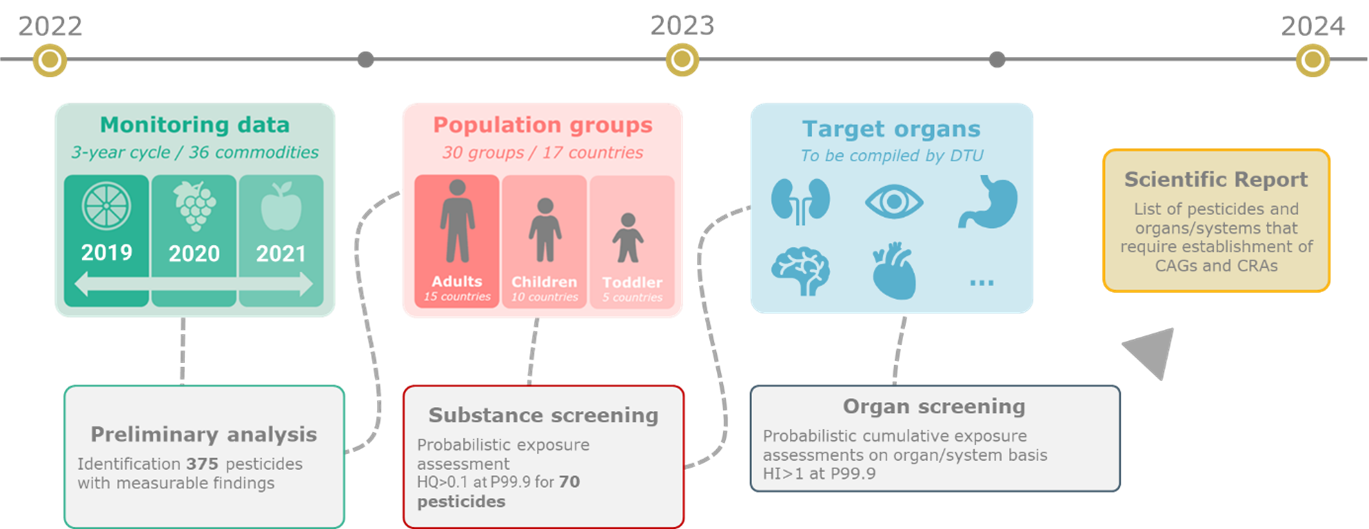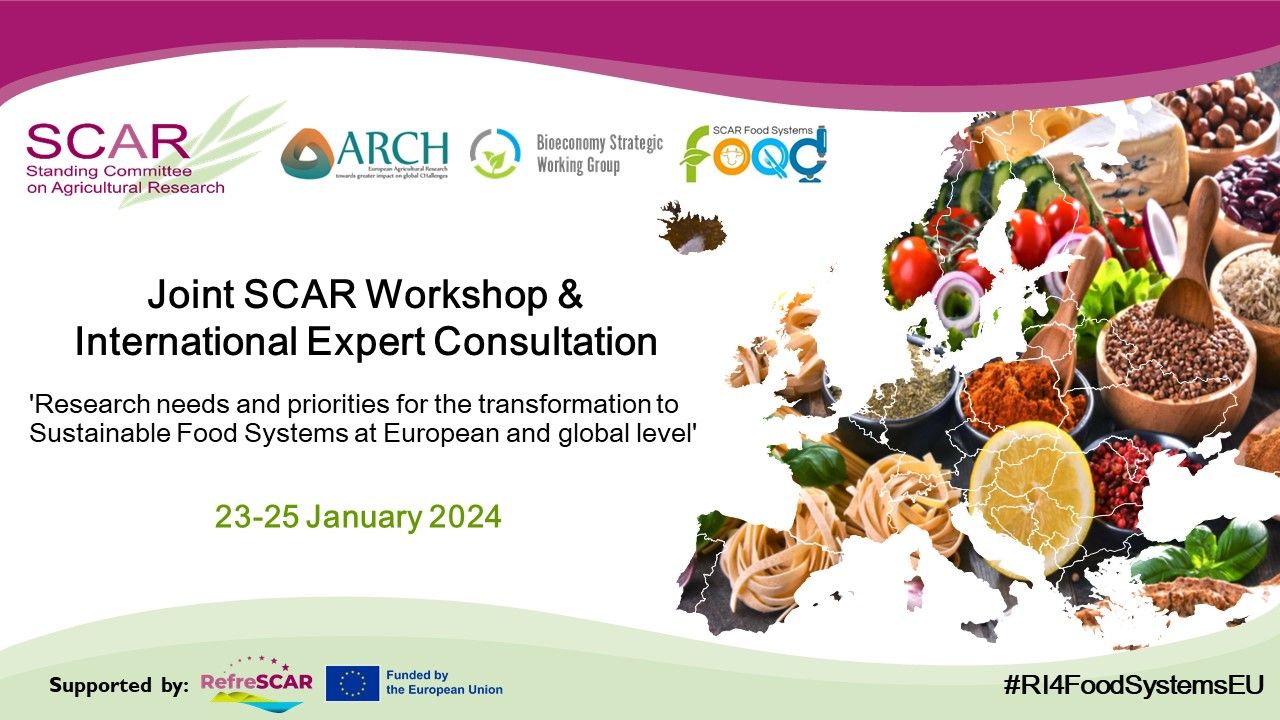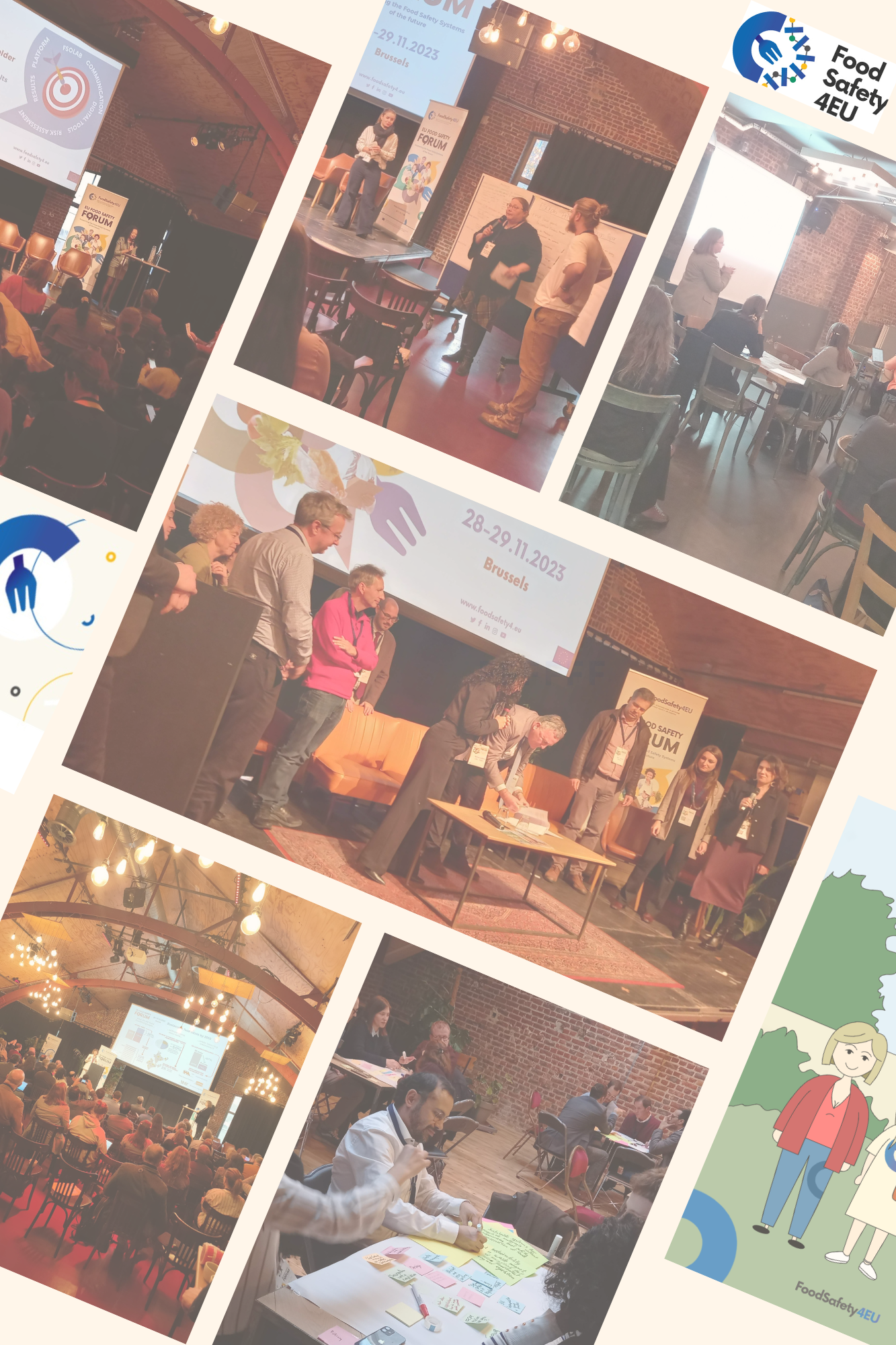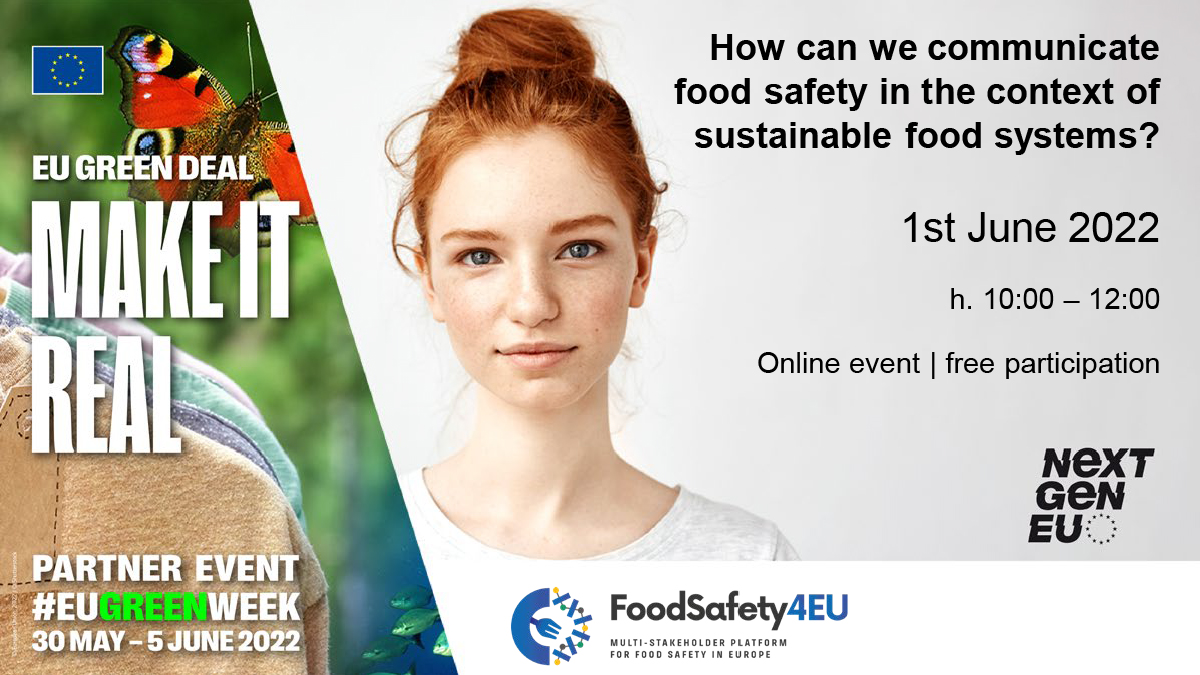What does the future of food safety look like?

Insights from FAO’s food safety foresight program

With the world’s population set to reach 9.7 billion by 2050, the United Nations 2030 Agenda for Sustainable Development has placed emphasis on the transformation of agrifood systems, ensuring access to nutritious, safe and affordable food. Emphasizing that it is through the collective efforts of all relevant actors in the food supply that food safety is maintained, and as agrifood systems evolve, food safety must keep pace with the implications of this evolution.
According to the FAO food safety foresight program, the major global drivers and trends impacting on food safety are 1) climate change, 2) changing consumer behaviour and food consumption patterns, 3) new food sources and food production systems, 4) technological advances, 6) microbiome science, and 7) circular economy and food fraud, where each of them brings both specific and common challenges.
When it comes to climate change its impact on food safety has not been well-studied, though we know that the extreme events attributed to it, as the elevated temperatures, alternation of severe drought periods and heavy rains, soil quality degradation, among others, are becoming more frequent, severe and unpredictable, leading to altering the appearance, virulence and distribution of various biological and chemical contaminants present in food, increasing our risk of exposure to food-borne hazards.
Furtheremore, in response to climate change and the increased concern and interest in healthier dietary choices, alternative food sources, personalized nutrition and functional foods, consumer purchasing behaviors have been changing. Leaving a gap where food safety risk assessment processes are not yet sufficiently developed.
In hand with the new dietary changes, the incorporation of sustainable choices, while reducing the consumption of animal-based foods, is driving a growing interest in new food sources, such as in edible insects, jellyfish, plant-based alternatives and algae (or macroalgae). However, determining how they impact food safety and consequently consumer health is an ongoing challenge
Another aspect that has attracted attention due to the rapid urbanization and expansion of cities has been food production in urban spaces, making it necessary to know how food is produced, stored, packaged, sold and consumed, to really consider it as an option without risks to human health. Similarly, when exploring the circular economy approach through plastics recycling and food packaging reuse, careful considerations also need to be made, as there is the potential for substances of concern to emerge from non-food materials resulting from the recycling process.
All these global drivers coupled with the growing awareness of them are not only driving technological innovations and scientific advances but also a rapid expansion of the food sector from new food sources to new production systems, highlighting new food safety challenges that need to be addressed establishing early warning systems, robust monitoring, surveillance measures, standards and therefore adapted regulatory systems to fully exploit the potential of this sector.
Another major challenge is the low level of consumer awareness in Europe, and globally. Consumer awareness of food safety is affected by the availability and accessibility of information, which requires broad resources, timely engagement and effective communication strategies – promoting media literacy early on, providing evidence-based knowledge appropriately, guiding viewers towards trusted sources, among others –. Indeed, this is, an issue that received considerable attention in the SafeConsume International Conference, 27-28 June, which emphasized the urgent need for new food safety communication strategies and transdisciplinary collaborations to help consumers mitigate food risks through behavioral change and improve overall literacy in the area of food safety.
References:
FAO. 2022. Thinking about the future of food safety – A foresight report. Rome. https://doi.org/10.4060/cb8667en
Latest Articles

Towards holistic, AI-driven emerging risk assessment: catching stakeholders’ needs in Living Labs

Protecting public health: understanding the importance of cumulative risk assessment of pesticides

SCAR consultation workshop on Sustainable Food Systems: highlights from EU FOOD SAFETY PLATFORM

Pioneering advances in the EU Food Safety System: highlights from the first EU Food Safety Forum
Food4Future_cz

New Tools for Preventing Harmful Bacteria in Ready-to-Eat Foods



